The team aims to respond to pressing socio-environmental challenges linked to contamination, health and sustainability of ecosystems, supporting the objectives of the Green Deal. It focuses on the early diagnosis (biological early warning systems) of the effects of chemical contamination on aquatic and terrestrial ecosystems, their recovery, and the toxicological efficiency of remediation measures for residual water for circular economy, within the scope of the One Health approach (as adopted by the World Health Organization).
The specific themes are: i) new technologies and methods to diagnose the environmental quality and recovery of ecosystems; ii) metabolism and mechanisms of action of environmental contaminants and resilience; iii) integrated chemical-biological monitoring; iv) assessment of the toxicological efficiency of technologies and nature-based solutions for the treatment of surface and residual water; v) science and ocean literacy. The work fits the scope of several Sustainable Development Goals (SDG) of the United Nations: SDG2 (Zero hunger), SDG4 (Quality Education), SDG6 (Clean water and sanitation), SDG12 (Ensure sustainable consumption and production patterns), SDG13 (Climate action), SDG14 (Life below water), SDG15 (Life on land), SDG17 (Partnerships for the goals).
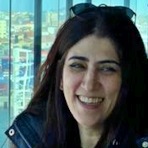

I am Senior Scientist at CIIMAR, where I head the Ecosystem Monitoring and Sustainability (EcoSignal) team and the Technological Platform of Ecotoxicological Services. I am also Invited Assistant Professor, and Coordinator of the UNESCO Chair Ocean Expert, at the University of Porto. I am a collaborator of the research group Monitoring and Modelling at Universidade Positivo (Brazil). My main expertise is in environmental toxicology and monitoring, hazard assessment, pollution and biodiversity, and ocean literacy. I got the Magellan Circumnavigation Research Prize (bee biodiversity, FCT) in 2020. My PhD is in Biomedical Sciences, with research work at the CNRS (France).
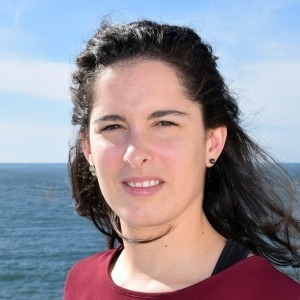

Isabel Abreu graduated in Biology in 2013, by the Faculty of Sciences of Porto University, and obtained her master degree in Environmental Contamination and Toxicology in 2015, by the School of Medicine and Biomedical Sciences. She is currently a PhD student at CIIMAR, in the Ecosignal – Ecosystem Monitoring and Sustainability group, and her research is mainly focused in exploring the potential effects of priority and emergent pollutants in aquatic organisms.
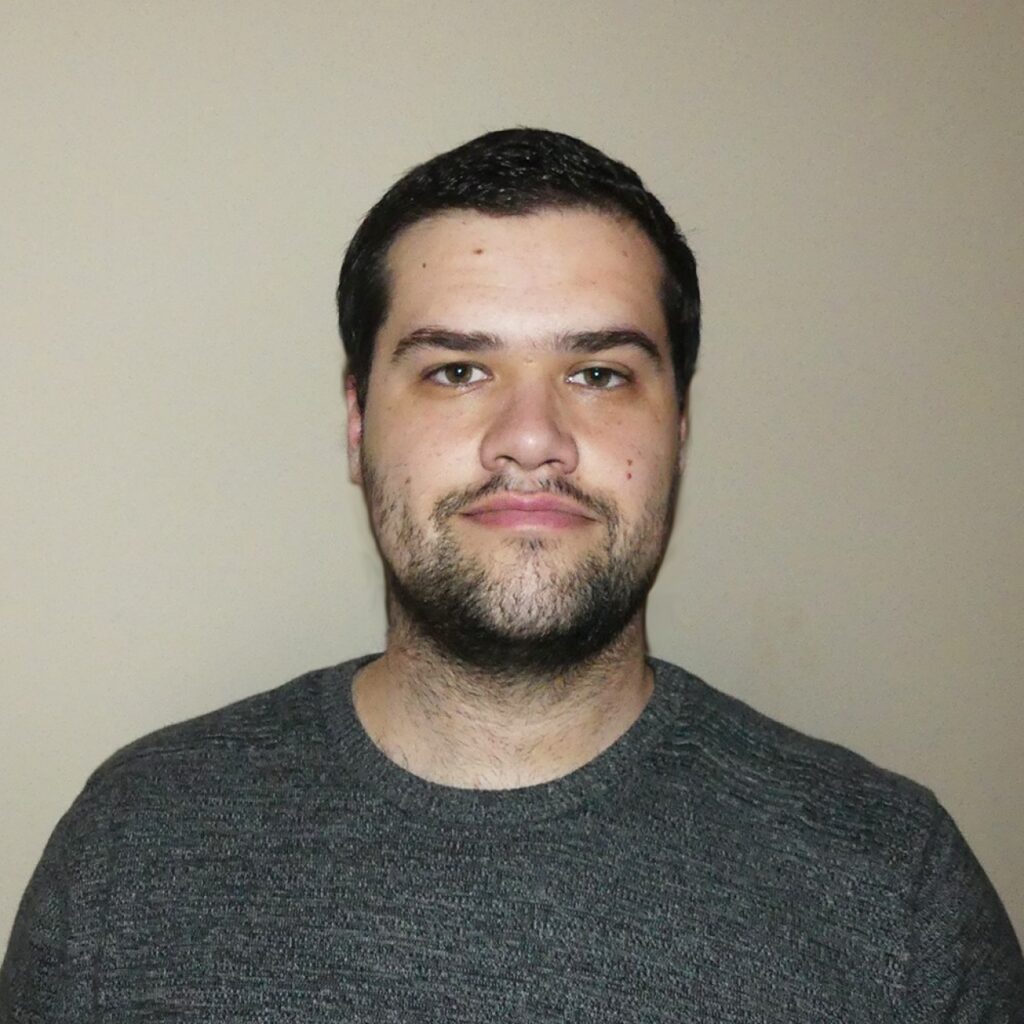

I held a degree in Biology from the Faculty of Sciences of Porto University (2013) and a master’s degree in Biological Aquatic Resources from the Faculty of Sciences of Porto University (2015). Since 2012, my work has been primarily aimed at animal pathology. Currently, I’m a PhD Student, focusing on providing valuable new diagnostic endpoints and knowledge about effects of WWTP effluents on Triops longicaudatus.
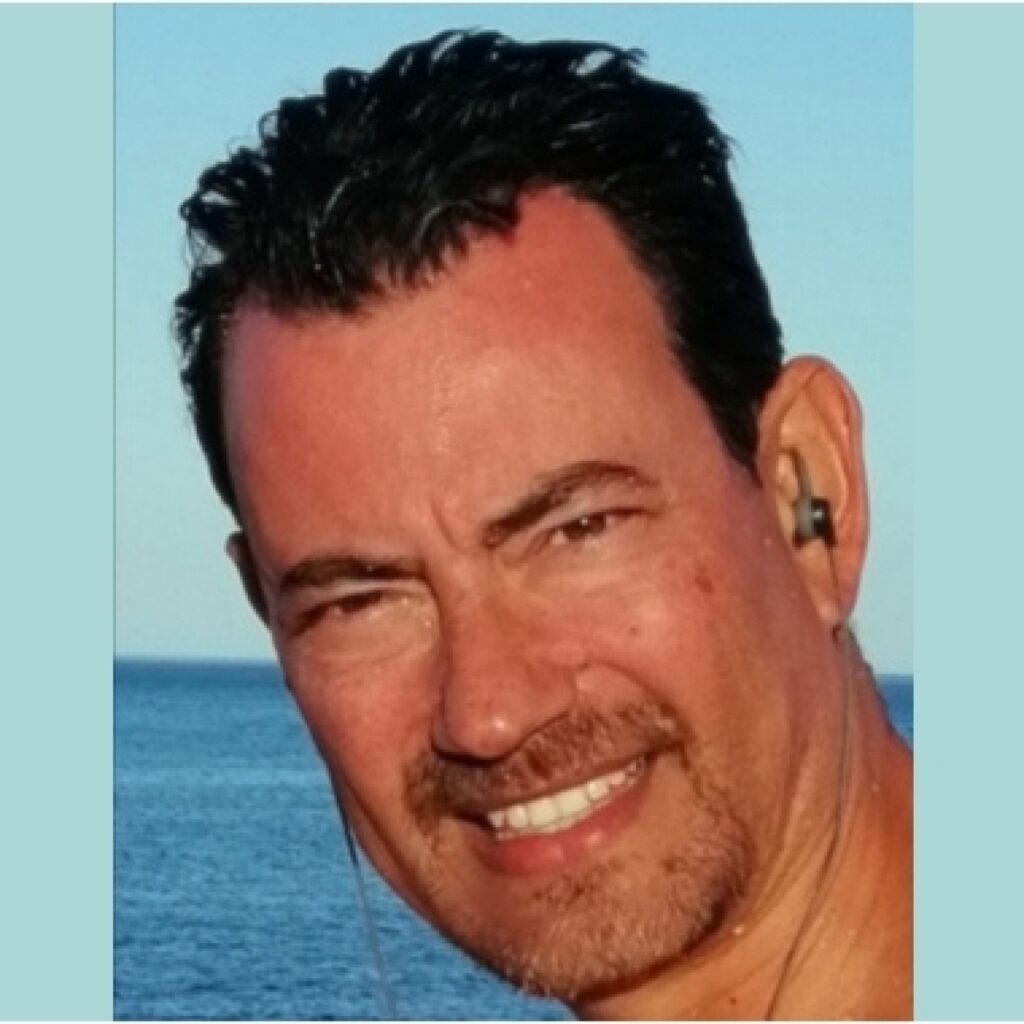

Bachelor Degree in Biology (educational and scientific-technological branch) from the Faculty of Sciences of the University of Porto -U.P., Master in Biomedical Engineering from the Faculty of Engineering of the U.P and INEB-U.P. (1997-99), PhD in Human Biology from the Faculty of Medicine of U.P and IPATIMUP (2002-2008), Doctoral Course in Educational Sciences of the Faculty of Psychology and Educational Sciences of U.P an CIIE/UP (until 2019). Biotechnology Specialist – Order of Biologists since 2008 (after curriculum evaluation ). He has been teaching for 34 years, having initially been a high school teacher (11 years) then assistant professor at the Faculty of Medicine of the U.P. (14 years). Currently he is simultaneously a high school teacher, assistant professor and supervisor in higher education (as guest), researcher (author, reviewer, editor) and trainer (IEFP and CCPFC). He is the author of several publications and has supervised postgraduate work (Master and PhD) in the area of Microbial Biofilms and Science Education (knowledge Cartography and Biological Models).
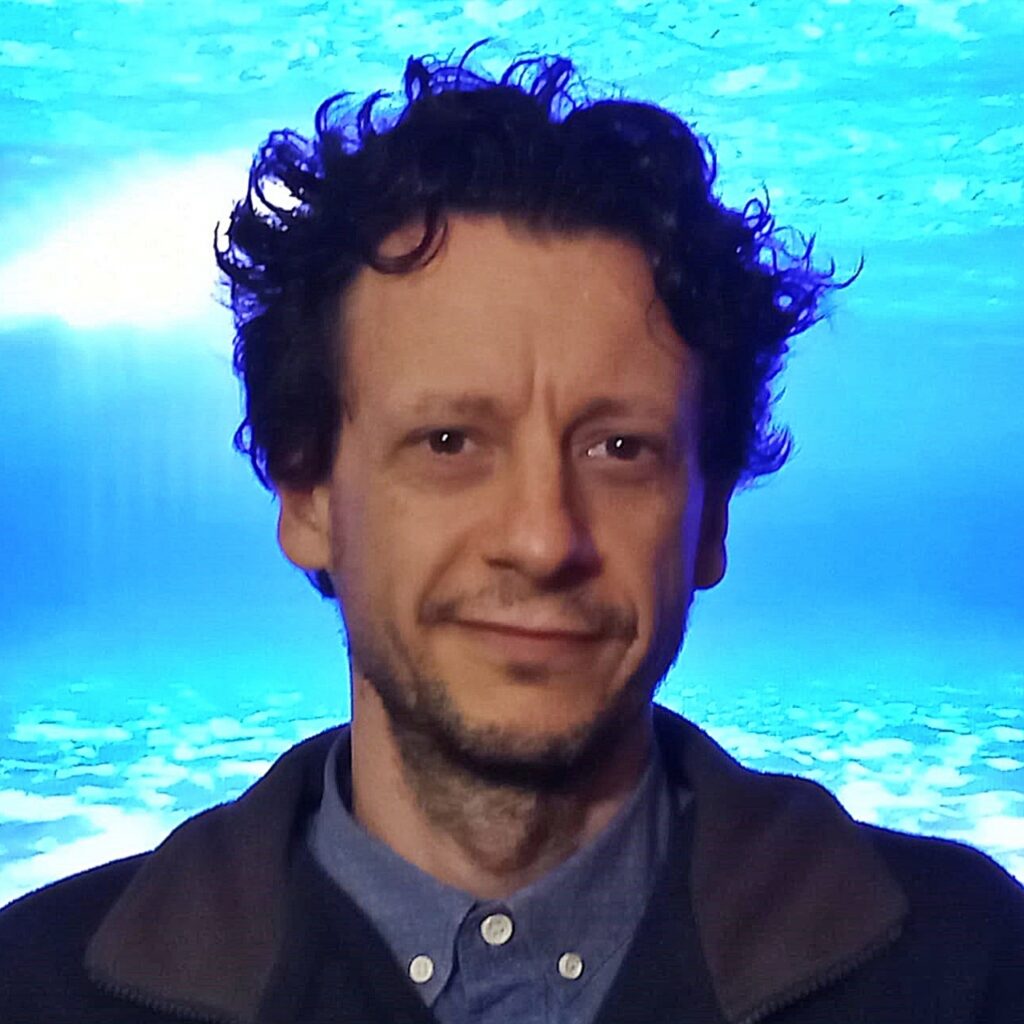

Bachelor Degree in Biology (educational and scientific branch) from the University of Porto (UP), Master in Genetic Resources and Improvement of Agricultural and Forest Species (Somatic embryogenesis in Narcissus triandrus, Narcissus bulbocodium and Narcissus rupicola) from University de Trás-os-Montes e Alto Douro, Doctoral Course in Science of the UP (Production of cardosins in in vitro systems – studies of intracellular expression and transport). He is a secondary science teacher for 31 years and CK12 certified. His main research interest is in the use of model organisms (daphnia, planaria) in K12 teaching, in concept mapping and computer adaptative assessment.
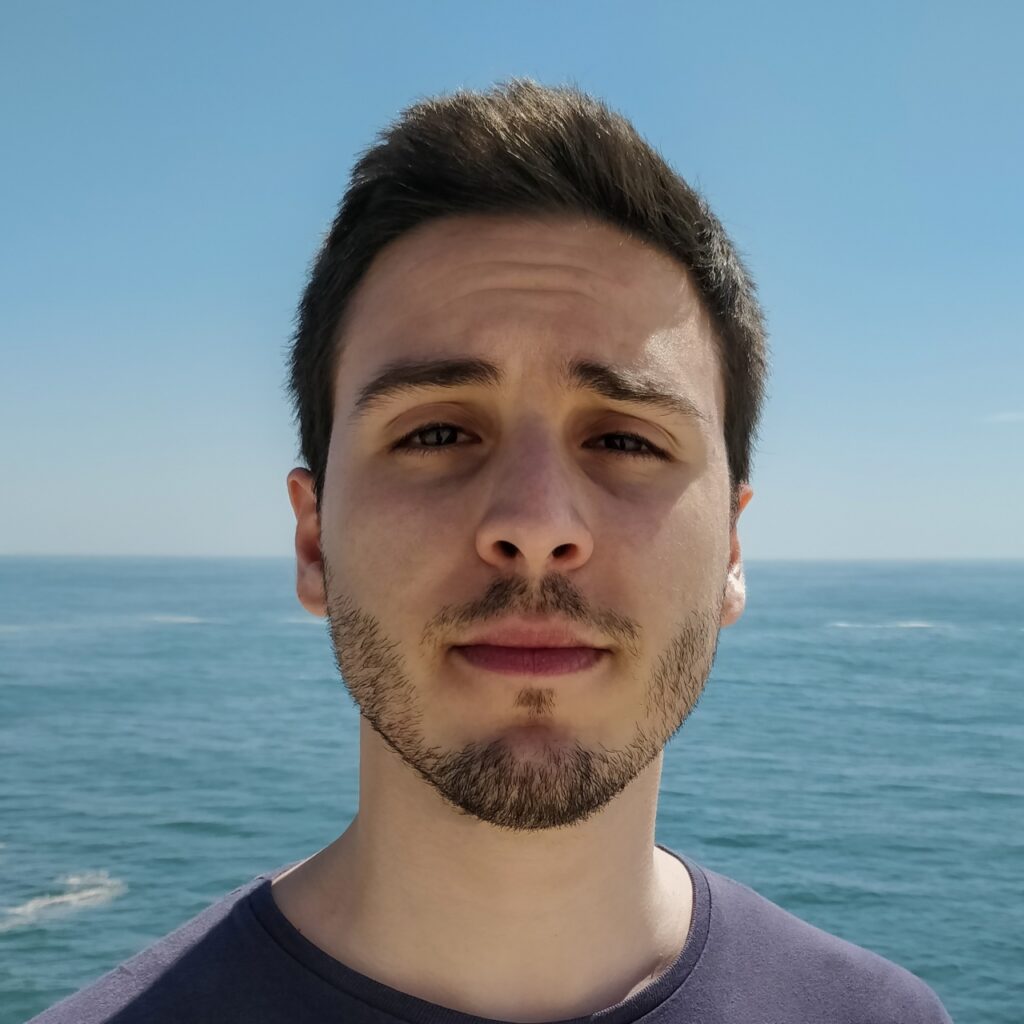

João Amorim has a degree in Biology from the Faculty of Sciences of Porto University (2012) and a master’s degree in Environmental Contamination and Toxicology from the Abel Salazar Biomedical Sciences Institute of Porto University (2014). Since 2010, his work has been primarily focused on developing new biological early warning systems (BEWS) has tools for fast and reliable detection of aquatic contamination. He is currently working with METOX group in the scope of his PhD, employing behavioral analysis and Raman spectroscopy to search for biomarkers of exposure in the model organism Lymnaea stagnalis.
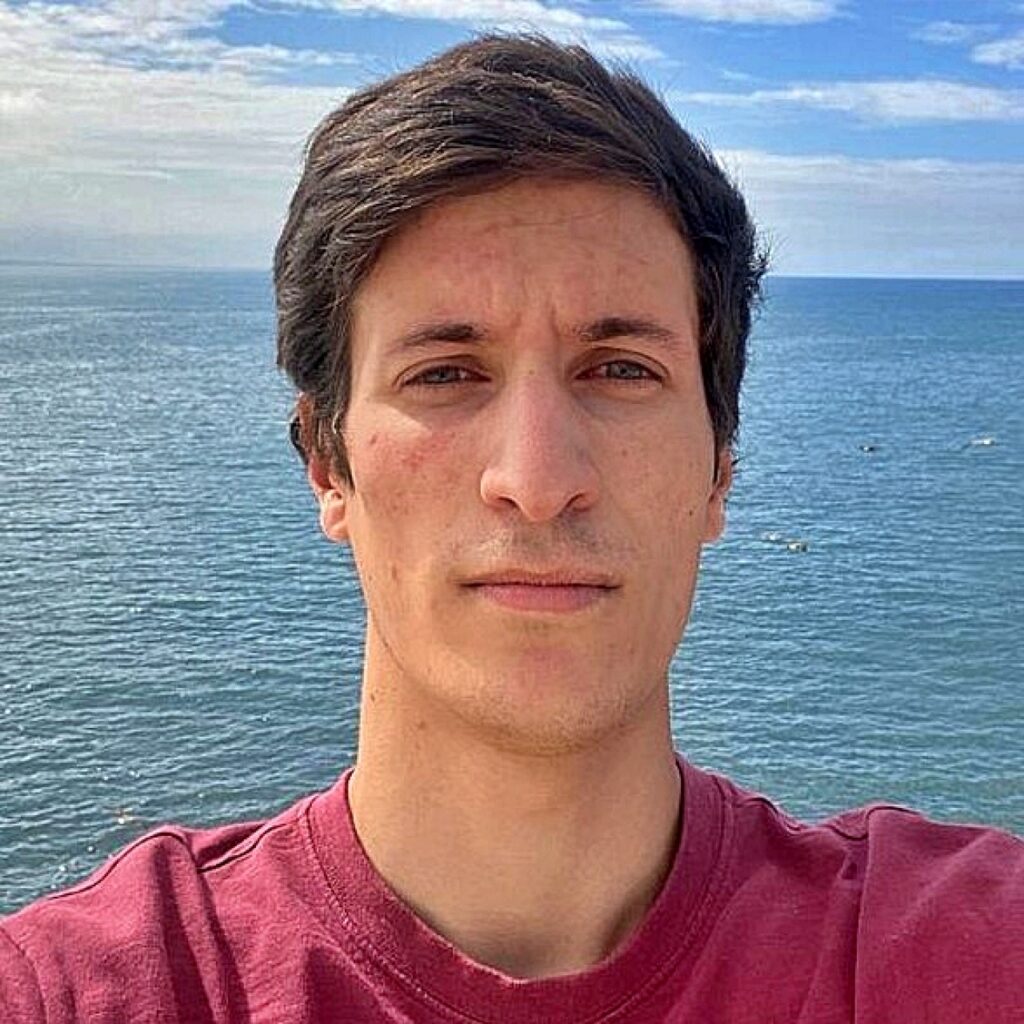

Marco Sousa graduated in Environmental Health in Escola Superior de Saúde (Politécnico do Porto) in 2019. In 2021, he entered a scholarship in the project OCEAN3R to develop his master Thesis and obtained his Master’s degree in Environmental Contamination and Toxicology by the Abel Salazar Biomedical Sciences Institute (ICBAS) and the Faculty of Sciences (FCUP) of the University of Porto (UP) in 2022. He is currently working on EcoSignal Team, and his research is a continuation of his Master Thesis, which focus on studying estuarine diatoms and Raman spectroscopy applied to diatoms for environmental and taxa diagnosis.
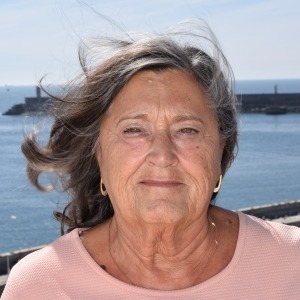

Full Professor of the University of Porto. BSc in Pharmacy (University of Porto) and PhD (Comparative Physiology) at University of Porto. Full Professor at ICBAS (Institute of Biomedical Sciences Abel Salazar). Founding member CIIMAR, and Leader of the Laboratory of Environmental Toxicology at CIIMAR from 2000 to 2016. Main scientific interests focus on molecular and cellular mechanisms of toxicity in aquatic animals, biochemical and cellular biomarkers and their use for pollution monitoring, and sea food quality and human effect. Author or co-author of more than 100 articles in international publications. Supervisor and co-supervisor of PhD students and post-docs.
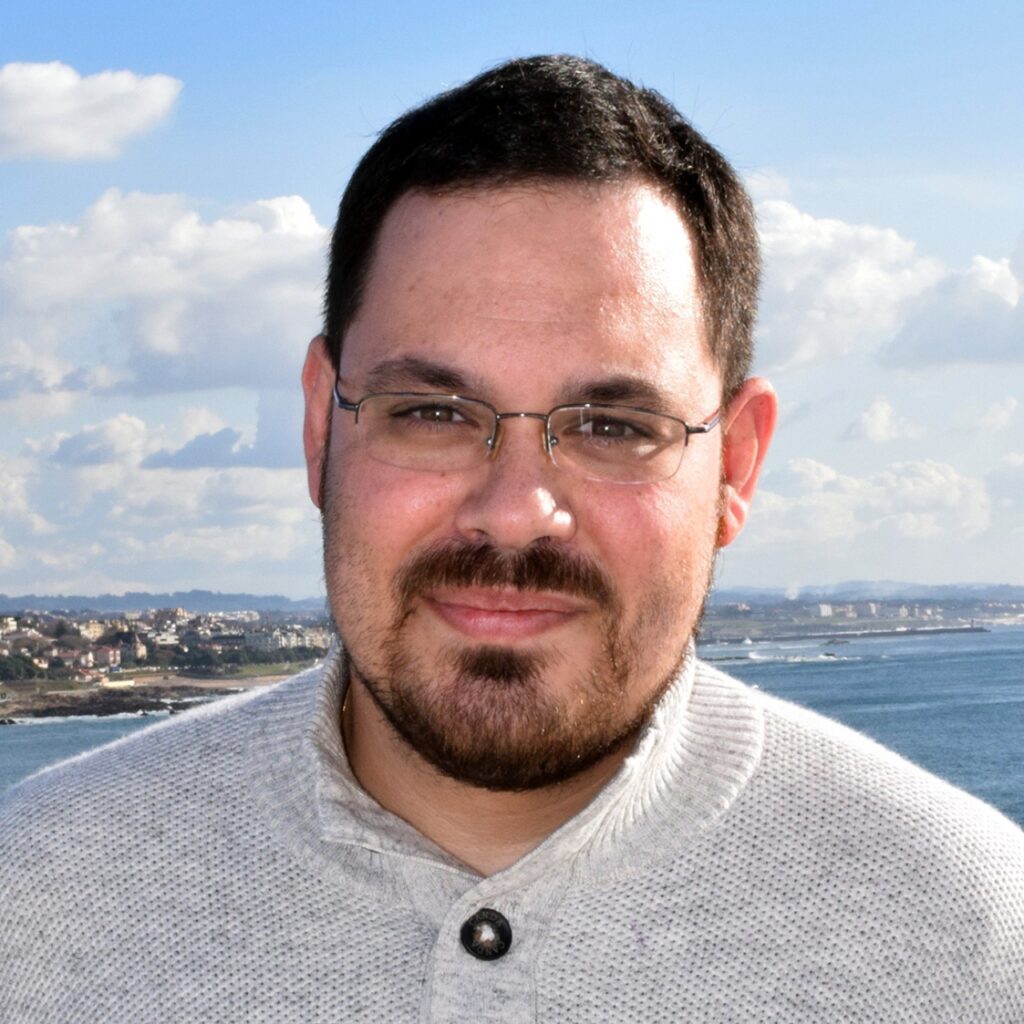

Nuno Gonçalo de Carvalho Ferreira is an Auxiliary Research within the group ECOSIGNAL, developing his research under the theme “Resilience for a Sustainable Future”. He published >30 manuscripts in specialised journals and received several awards and honours. The research portfolio has approximately 20 projects, generating more than 3.2M€ in the past five years. The main research areas are Environmental Sciences, Biodiversity Conservation and Molecular Biology, emphasising the U.N. Sustainable Development Goals and supporting indigenous groups and local populations of LMICs. He has been invited as a reviewer for many project calls, including H2020 – MSCA and the UK Royal Society.
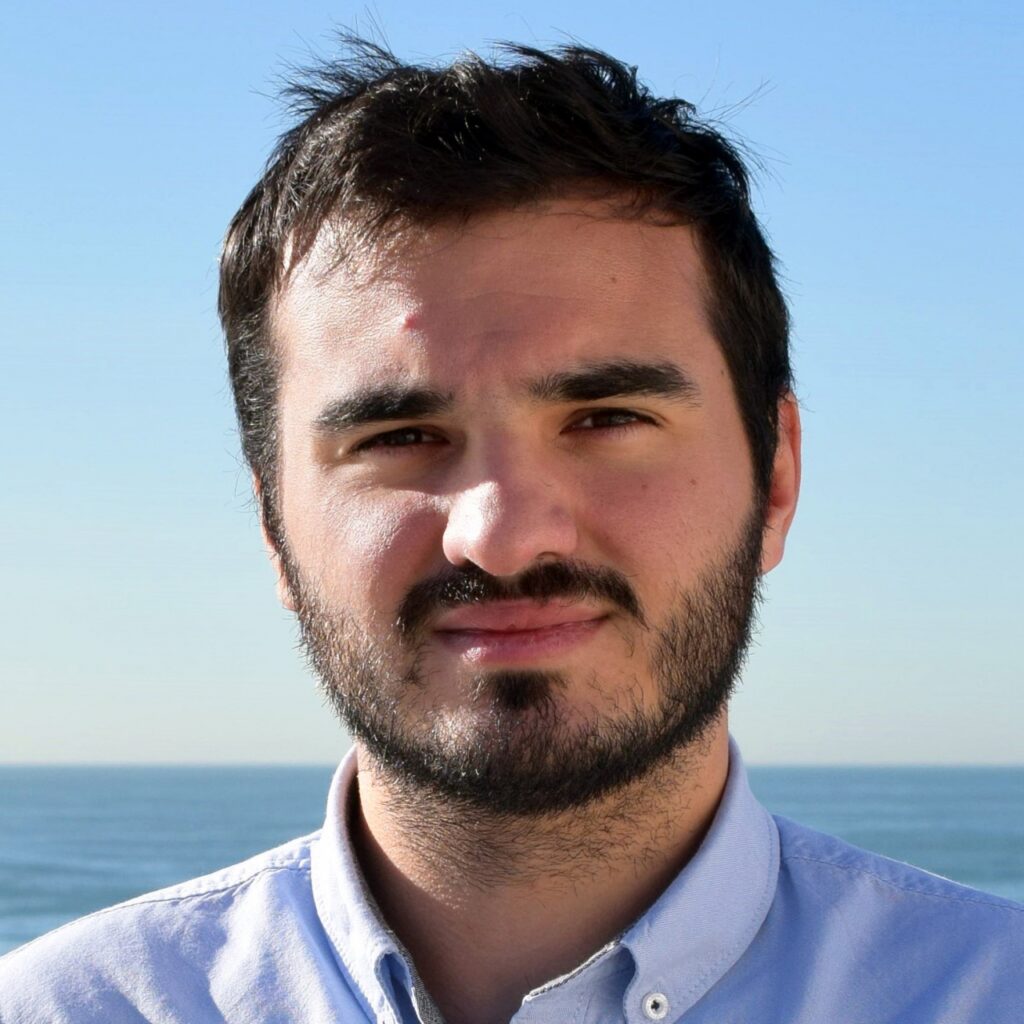

Pedro Rodrigues is a Phd in Environmental Contamination and Toxicology (ICBAS), currently working at CIIMAR, specializing in ecotoxicogenomics, but also with a background in embryotoxicity assays with vertebrate and invertebrate models, and informatics. He has been working in emerging pollutants and their modes of action and mechanisms underlying toxicity towards non-target species. The main goals of his work are to provide useful knowledge and tools for the evaluation of potential impacts of emerging contaminants for non-target species, and consequently improve the existing monitoring programmes and establish safe limits for these compounds in the environment.
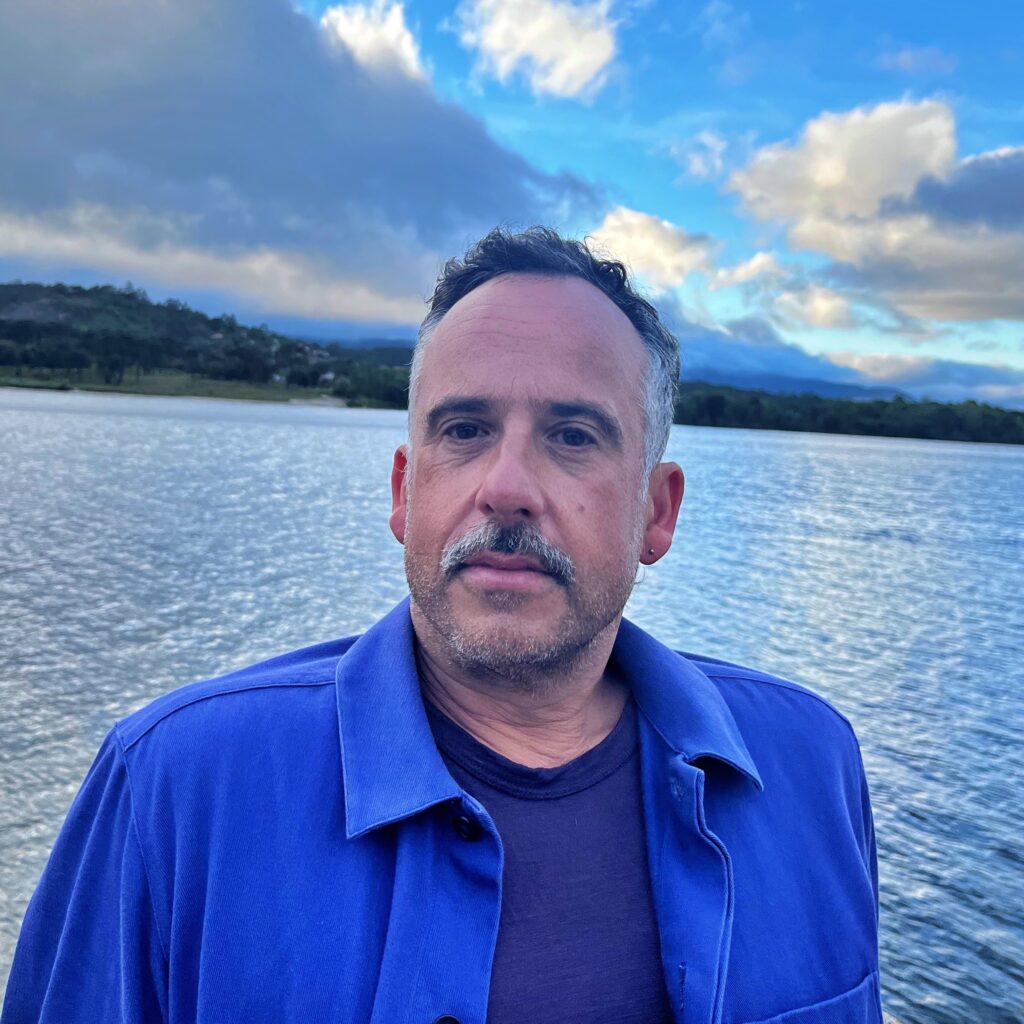

PhD in Human Biology, master’s in environmental quality Control and degree in Aquatic Sciences. I am and Invited Adjunct Professor at ESS-Escola Suerior da Saúde and ISEP-Instituto Superior de Engenharia do Porto, IPP-Instituto Politécnico do Porto and a Collaborator at Ecosystem Monitoring and Sustainability research team. My present research interests relate to the impact of emerging contaminants on the development of the nervous system of the aquatic vertebrates.
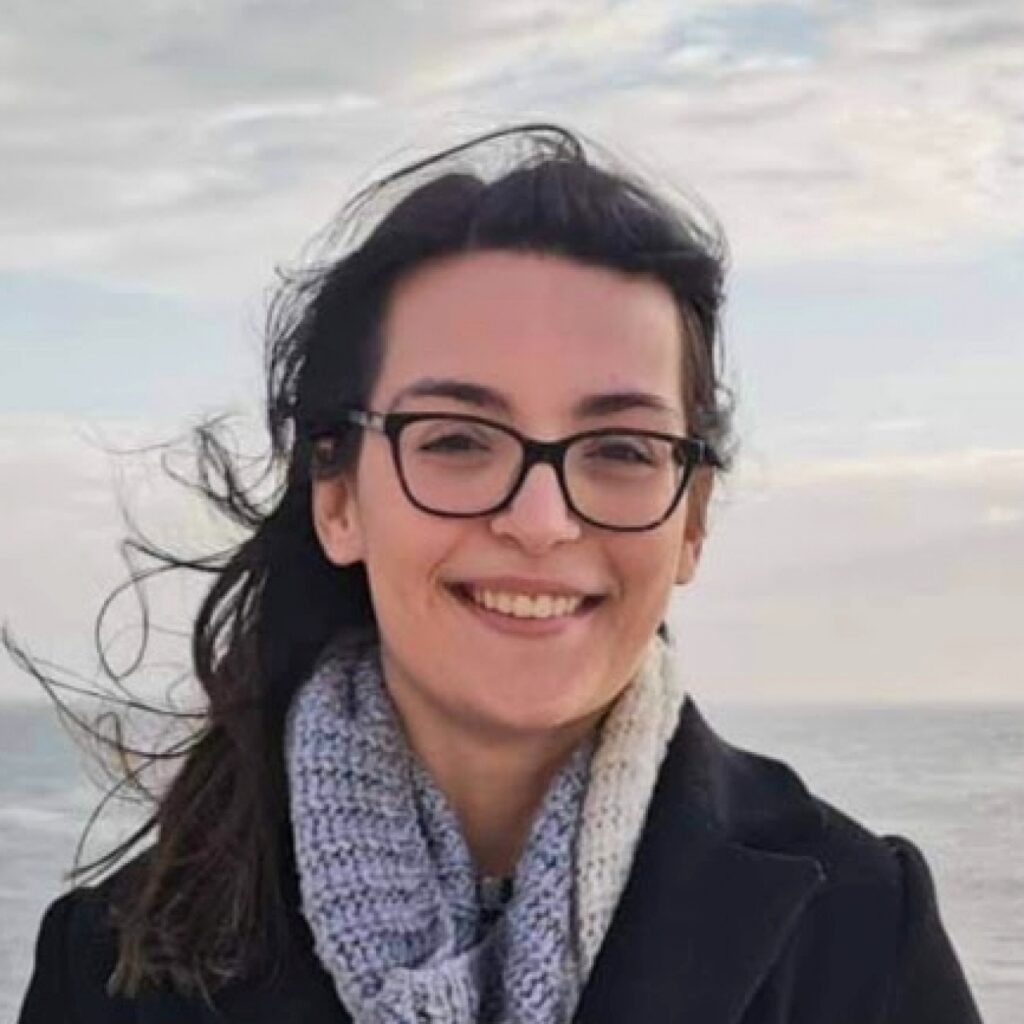

Raquel Pinto graduated in Biology in 2018, by the Biology Department of the University of Aveiro. She took her Master’s degree in Water Quality Biology and Management at FCUP. Her dissertation, developed in the Ecosignal research team of CIIMAR, was focused on the use of Raman spectroscopy applied to diatoms as an alternative methodology for environmental diagnosis and taxonomic identification. Currently, she is continuing her investigation as a Biology PhD student at FCUP. Her project focuses in the application of environmental diagnosis using Raman spectroscopy of diatoms to wider variety of spatial scales and ecosystems.
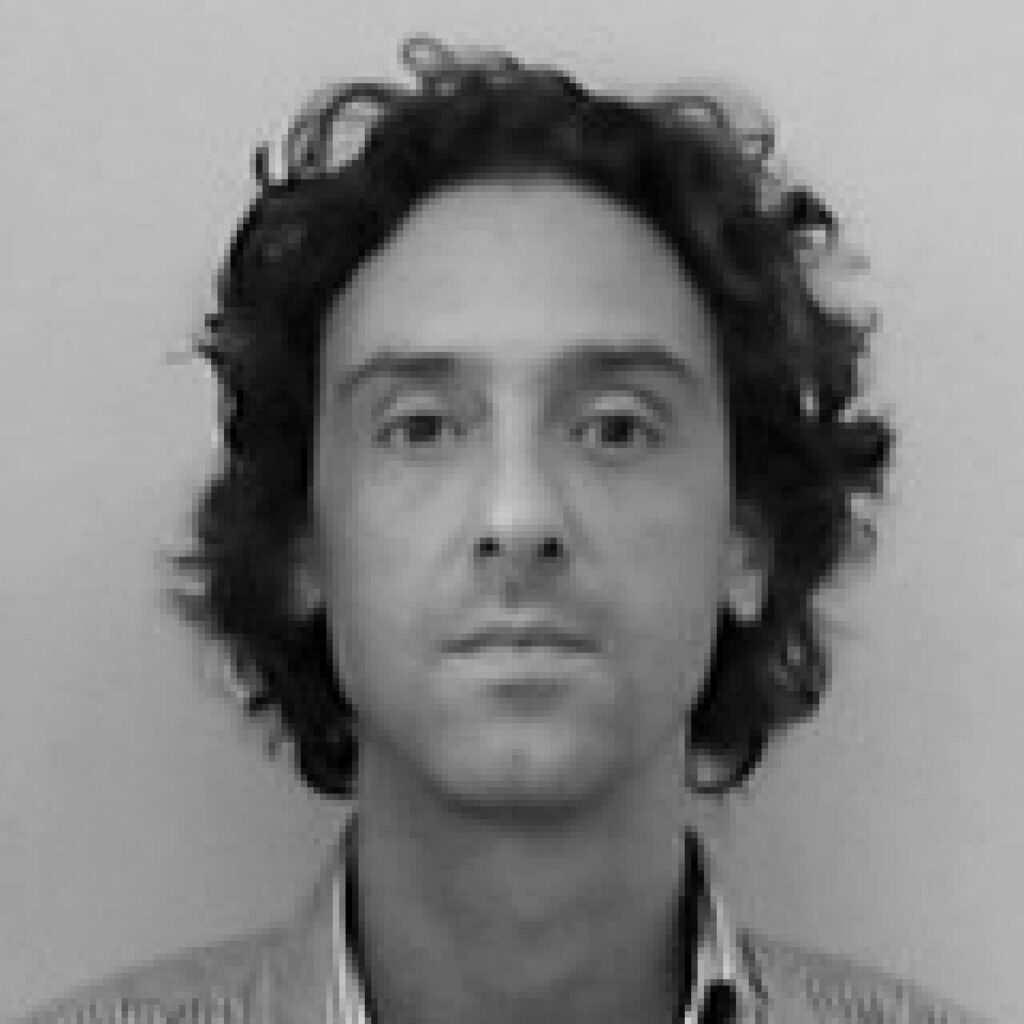

I am a designer, lecturer and researcher at the University of Leeds, UK, exploring ways to communicate, not only to inform but to generate public engagement as well. In the last few years, I have been expanding my research on gamified mobile applications and ocean literacy and developing research tools to evaluate their impact on students’ motivation and engagement with the ocean.
My present research aims to bridge marine science and design through technology. I investigate more effective communication tools which can convey anthropogenic climate change impacts on marine systems in a way that matters to the people and consequently fosters pro-environmental behaviours.
More info: https://www.researchgate.net/profile/Rui-Leitao
Rodrigues, P., Cunha, V., Oliva-Teles, L., Ferreira, M., Guimarães, L.
2020Journal of Hazardous Materials, 400, art. no. 123171Amorim, J., Abreu, I., Rodrigues, P., Peixoto, D., Pinheiro, C., Saraiva, A., Carvalho, A.P., Guimarães, L., Oliva-Teles, L.
2019Science of the Total Environment, 669, pp. 11-28Ferreira, N.G.C., Morgado, R.G., Cunha, L., Novo, M., Soares, A.M.V.M., Morgan, A.J., Loureiro, S., Kille, P.
2019Environmental Research, 176, art. no. 108507Teles, M., Reyes-López, F.E., Balasch, J.C., Tvarijonaviciute, A., Guimarães, L., Oliveira, M., Tort, L.
2019 Frontiers in Marine Science, 6 (APR), art. no. 147Abreu, I.O., Monteiro, C., Rocha, A.C.S., Reis-Henriques, M.A., Teixeira, C., Basto, M.C.P., Ferreira, M., Almeida, C.M.R., Oliva-Teles, L., Guimarães, L.
2018Environmental Pollution, 242, pp. 1137-1145Website by: Glitz Design
© 2023 CIIMAR – All rights reserved.